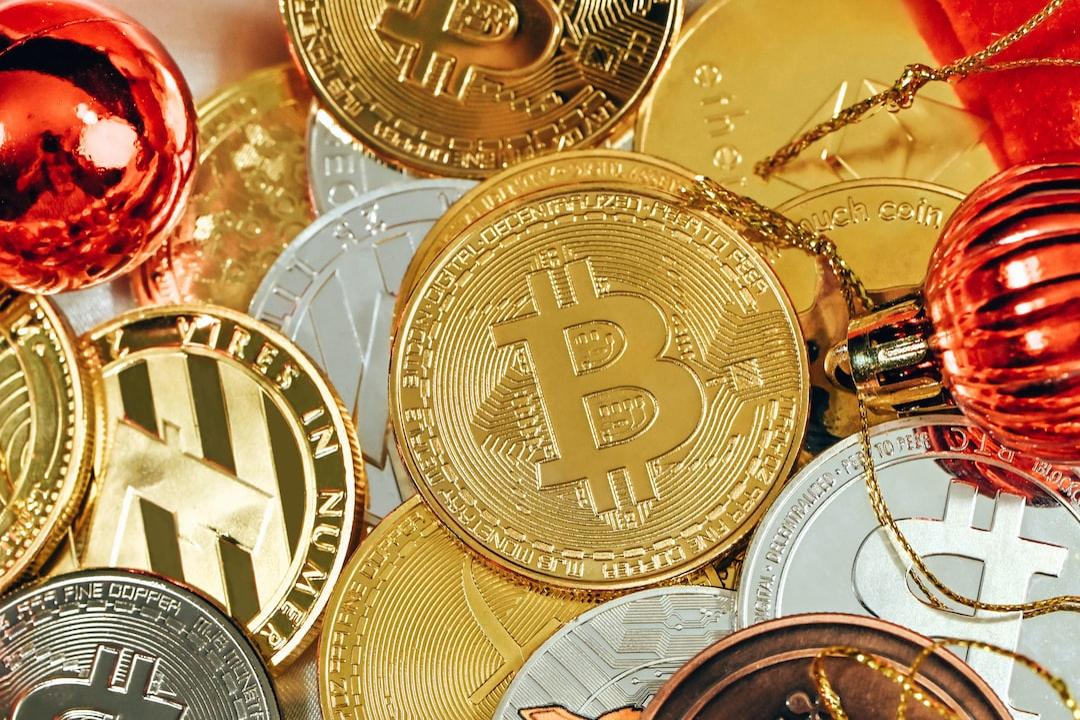Over the past few years, cryptocurrencies have gained immense popularity. However, another asset class within the cryptocurrency ecosystem has been making waves recently – nonfungible tokens (NFTs). NFTs are revolutionizing various industries, including art and gaming.
NFTs serve as digital certificates that authenticate collectibles, providing investors with proof of ownership and high-level security. These characteristics have contributed to their growing popularity as a means of representing real-world objects in the virtual world.
As a result, many crypto investors are turning to NFTs and investing in metaverse platforms. These unique digital assets are being purchased on blockchain protocols like Polygon, which is a layer-2 Ethereum protocol. Polygon has become the preferred platform for NFT marketplaces, offering investors the opportunity to create, buy, and sell NFTs.
Polygon is designed to address the scalability concerns of Ethereum. It acts as a parallel blockchain or sidechain that runs alongside Ethereum and uses a proof-of-stake (PoS) consensus mechanism for validating on-chain transactions. In addition to providing the security, interoperability, and smart contract features of Ethereum, Polygon offers significantly lower transaction fees and greater flexibility and scalability.
Polygon is known as a multichain network of Ethereum-compatible blockchains. It enables the deployment of other blockchain networks and facilitates communication among them, making it ideal for developing decentralized applications (DApps).
Developers can utilize Polygon’s Finity Design System and Polygon Bridge to build cross-platform DApps and connect them to compatible blockchain networks. This allows for the transfer of assets such as ERC-20 tokens and NFTs to the Polygon sidechain. Polygon is particularly popular for creating NFT projects with frequent low-value transactions and setting up NFT marketplaces that charge a small fee for listing NFTs.
To enable artists and content creators to join the NFT trend, several platforms using the Polygon blockchain offer the ability to mint NFTs for free. Marketplaces like OpenSea and Rarible provide the option of “lazy minting,” where creators can monetize their content without any upfront cost. The NFT is only minted when a user purchases it, reducing the number of transactions on Ethereum and ensuring that the buyer pays the applicable gas fees.
Creating free NFTs on Polygon involves selecting or creating a digital file that will be converted into an NFT. The creator needs a crypto wallet with sufficient MATIC or Ether tokens to cover any fees. They then choose a Polygon NFT marketplace, connect their wallet, and upload the digital file. The NFT is listed on the marketplace, while its related data is stored on the InterPlanetary File System.
To purchase NFTs on Polygon, users can explore NFT aggregators or marketplaces on the blockchain network. Platforms like Floor, TixHive, NFTrade, Candy Shop, Hodl My Moon, OpenSea, and Rarible offer a wide range of options. Users need to link their Polygon NFT wallet to the chosen marketplace, browse through NFT collections, and follow the purchasing process. Depending on the platform, users can either buy fixed-price NFTs or make offers and bids for auctioned NFTs.
After minting an NFT, the owner can sell it on the OpenSea marketplace. The process involves listing the NFT for sale and following the necessary steps.
OpenSea, although running on the Ethereum blockchain, allows users to trade NFTs from various blockchain platforms, including Polygon. Polygon NFTs can be identified on the OpenSea marketplace by the Polygon logo on the representative image or by filtering for Polygon-hosted NFTs.
With millions of OpenSea Polygon NFTs listed across different categories, users can use various filters to find the NFTs they are interested in. The platform offers an intuitive experience for those looking to buy their first NFT or expand their collection.
It’s important to note that this article does not provide investment advice or recommendations. Readers should conduct their own research before making any investment or trading decisions.

